About Vertical SaaS
Vertical SaaS refers to a specific type of software-as-a-service (SaaS) offering that is designed to meet the needs of a particular industry or vertical market. Unlike horizontal SaaS solutions, which provide a broad range of features and functions that can be used across many different industries, vertical SaaS solutions are tailored to meet the specific needs of a particular industry, such as healthcare, manufacturing, or retail.
Vertical SaaS solutions typically offer features and capabilities that are unique to the industry they serve, and they often include specialized tools and integrations that are critical to the workflows and processes of that industry. This focus on customization and specialization allows vertical SaaS providers to deliver a more targeted and effective solution to their customers, which can lead to increased adoption and customer loyalty.
The Differences Between Vertical and Horizontal SaaS
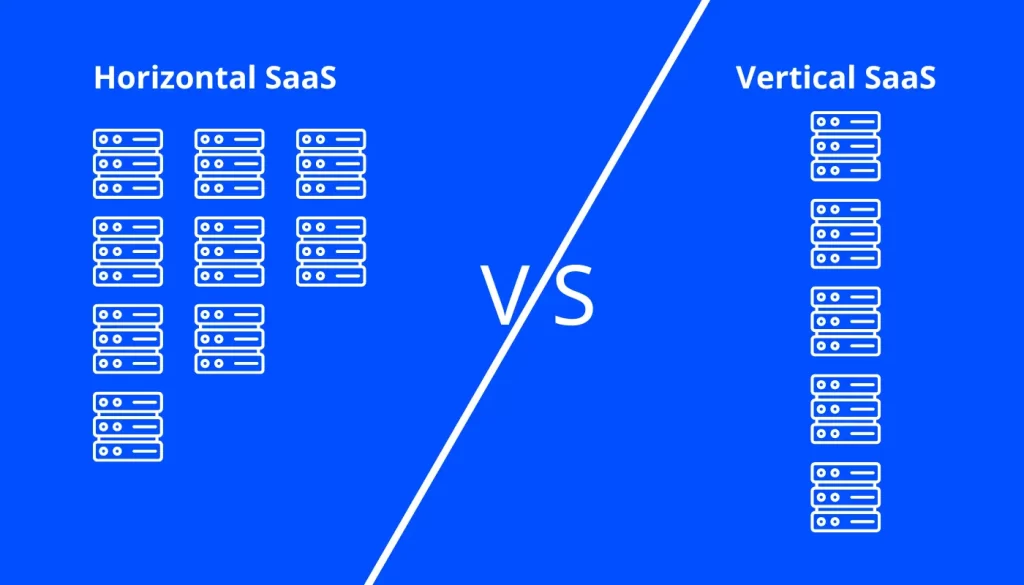
Vertical SaaS and horizontal SaaS refer to two different types of software as a service offering.
Vertical SaaS is designed to meet the specific needs of a particular industry or niche market. It offers a solution that is tailored to the unique requirements of a specific industry, such as healthcare, real estate, or hospitality. The software is highly specialized and offers industry-specific features and functionalities. Vertical SaaS providers typically have a deep understanding of the industry they serve, allowing them to offer highly targeted solutions that meet the unique needs of their customers.
Horizontal SaaS, on the other hand, offers a broad range of features and functionalities that are applicable across multiple industries. This type of SaaS is designed to meet the needs of businesses across different sectors, such as accounting, project management, or customer relationship management. Horizontal SaaS providers aim to offer a broad range of features that can be customized to meet the needs of their customers, regardless of their industry or niche.
In summary, vertical SaaS is highly specialized and tailored to meet the unique needs of a particular industry, while horizontal SaaS offers a broad range of features and functionalities that can be customized to meet the needs of businesses across multiple industries.
Highly Profitable Vertical SaaS Ideas
ere are some potential highly profitable vertical SaaS ideas:
- Healthcare Management: A vertical SaaS product that streamlines healthcare management, such as appointment scheduling, patient record keeping, and billing for clinics, hospitals, and medical practitioners.
- Supply Chain Management: A vertical SaaS product that helps businesses manage their supply chains, including logistics, inventory management, and procurement.
- Legal Practice Management: A vertical SaaS product that simplifies legal practice management, including client management, document management, billing, and accounting.
- Property Management: A vertical SaaS product that automates property management processes, such as rent collection, maintenance scheduling, and tenant management for property managers and landlords.
- HR Management: A vertical SaaS product that streamlines HR management for small and medium-sized businesses, including recruitment, employee management, and payroll.
- Online Learning Management: A vertical SaaS product that offers e-learning platforms for educators, institutions, and corporations to create and manage their own online learning programs.
- Non-Profit Management: A vertical SaaS product that simplifies the management of non-profit organizations, including fundraising, volunteer management, and donor relations.
Some of the Well-known Vertical SaaS Unicorns
- Procore Technologies: A construction project management software company.
- Toast: A restaurant management platform that provides point-of-sale, back-of-house, and guest-facing technology.
- Vlocity: A cloud software company that provides industry-specific applications for the communications, media, insurance, health, and public sector industries.
- Rootstock Software: A cloud-based enterprise resource planning (ERP) software company that provides industry-specific solutions for manufacturing, distribution, and supply chain management.
- ServiceTitan: A software company that provides a platform for home service businesses, including HVAC, plumbing, and electrical contractors.
- Veeva Systems: A cloud-based software company that provides industry-specific solutions for the life sciences industry, including pharmaceutical, biotech, and medical device companies.
- MindBody: A software company that provides business management software for the health and wellness industry, including fitness, yoga, and salon businesses.
- LegalZoom: A software company that provides legal services for small businesses and consumers.
- Shopify: An e-commerce platform that provides industry-specific solutions for online retailers.
- BlackLine: A cloud-based financial software company that provides industry-specific solutions for finance and accounting professionals.

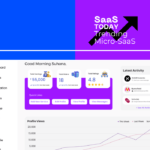
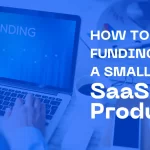


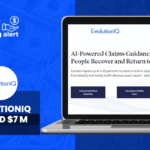

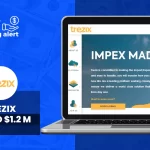

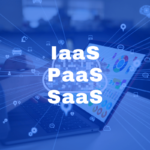
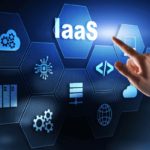


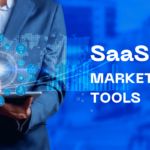



[…] of the primary trends in the global Software as a Service (SaaS) market is the increasing use of vertical SaaS. This type of SaaS is suitable for specific industries such as retail, insurance, and auto […]